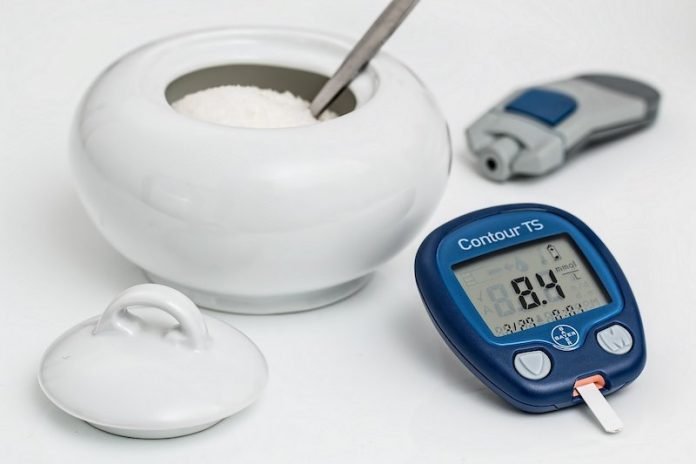
In a new study from Kumamoto University (Japan), researchers found that the anti-diabetic drug metformin strongly prolongs the survival in non-diabetic chronic kidney disease.
Metformin’s mechanism is different from existing therapeutics which only treat symptoms, such as the blood pressure drug losartan, so the researchers believe that a combination of these medications at a low dose will be highly beneficial.
CKD (chronic kidney disease) is a general term for kidney damage that results from a persistent decline in kidney function due to proteinuria, kidney inflammation, or fibrosis.
As CKD progresses, patients are forced to undergo dialysis, and diabetes is one of its biggest risk factors.
CKD can also occur in association with lifestyle-related conditions such as hypertension, insufficient exercise, smoking, hyperuricemia, and mutations in kidney-related genes.
This type of CKD is classified as non-diabetic chronic kidney disease (ND-CKD) and has limited treatment options.
In the study, the team focused on Alport syndrome, an inherited kidney disease. It is a serious disease that eventually progresses to end-stage renal failure, requiring dialysis or a kidney transplant.
Metformin is used as a treatment for type 2 diabetes because it improves insulin sensitivity. It is an inexpensive and safe drug that has been used by diabetics for many years.
Metformin was also known to be protective against many diseases involving inflammation and fibrosis and was known to improve the renal pathology of diabetic kidney disease.
In the study, the team focused on drugs traditionally used for CKD patients, metformin and losartan—which work by lowering blood pressure and inhibiting proteinuria caused by increased glomerular filtration.
They found the use of metformin or losartan strongly suppressed proteinuria and serum creatinine, which are indicators of CKD. Inflammation and fibrosis, which also reduce kidney function, significantly improved.
The results of a detailed gene expression analysis found that metformin clearly has a different target of action (also improved targeting of metabolic abnormalities) from that of losartan.
Finally, the team found that administration of low-dose metformin and losartan to mice strongly prolonged their survival.
This showed that an appropriate combination of the two therapeutic drugs could effectively treat CKD (Alport syndrome).
This study raises the possibility that metformin, a proven and inexpensive diabetic drug, may delay the progression of kidney pathology in ND-CKD, including Alport syndrome.
Metformin is currently available for use in patients with diabetes in clinical practice, but not in non-diabetic patients.
If you care about diabetes, please read studies about these common drugs linked to a higher risk of type 2 diabetes and findings of your age may decide whether diabetes drug metformin is useful or harmful.
For more information about diabetes and your health, please see recent studies about an egg a day linked to a 60% higher diabetes risk and results showing that chemicals in your living room may cause diabetes.
The study is published in Scientific Reports. One author of the study is Kohei Omachi.
Copyright © 2021 Knowridge Science Report. All rights reserved.



